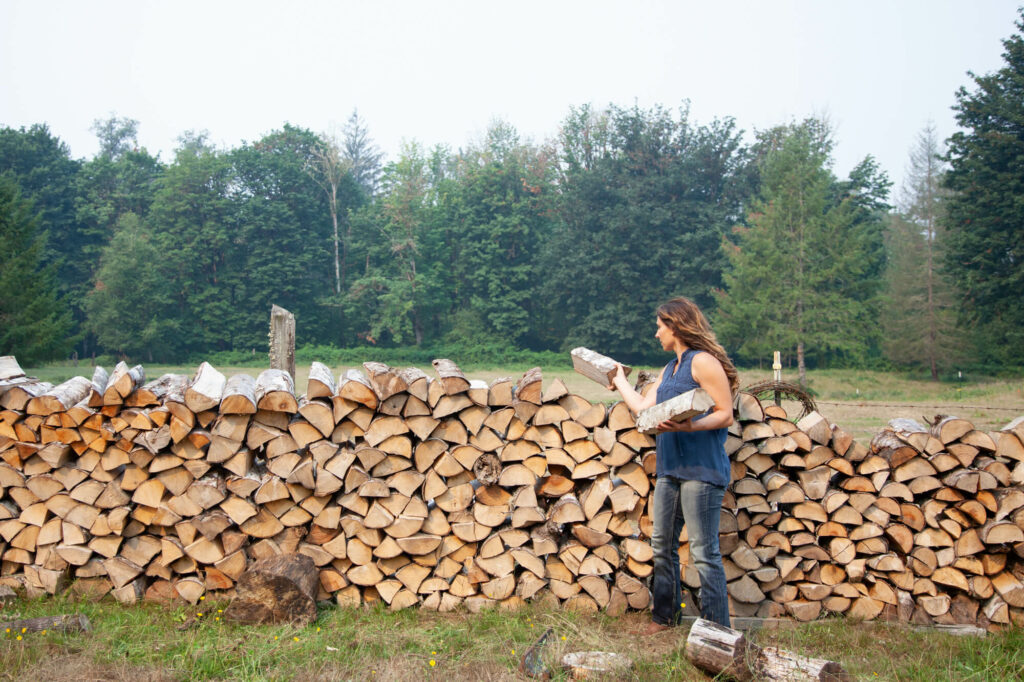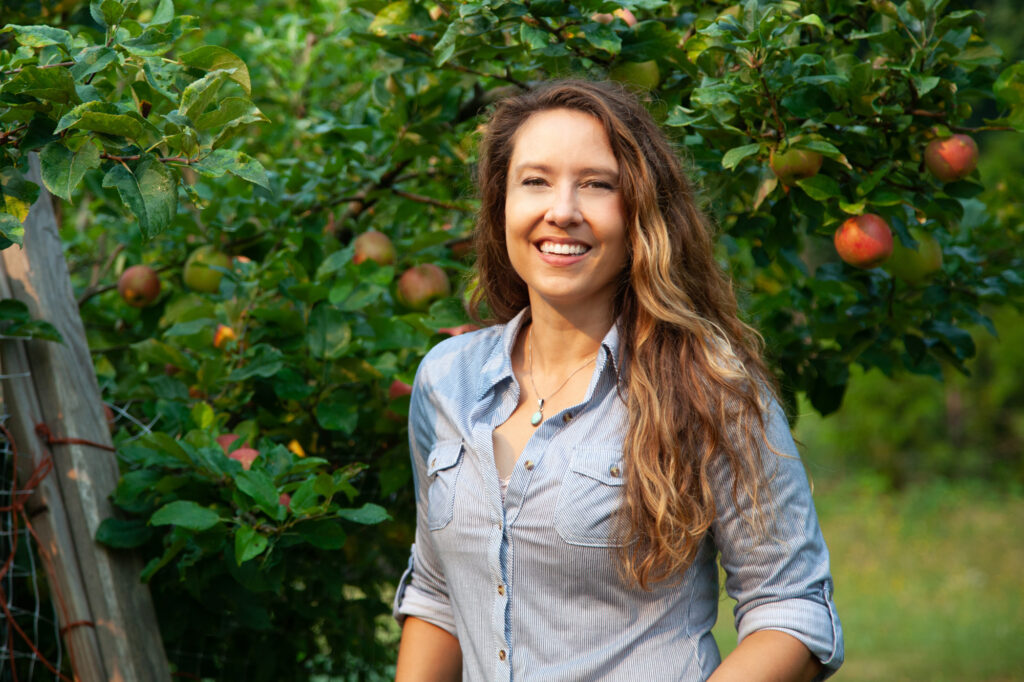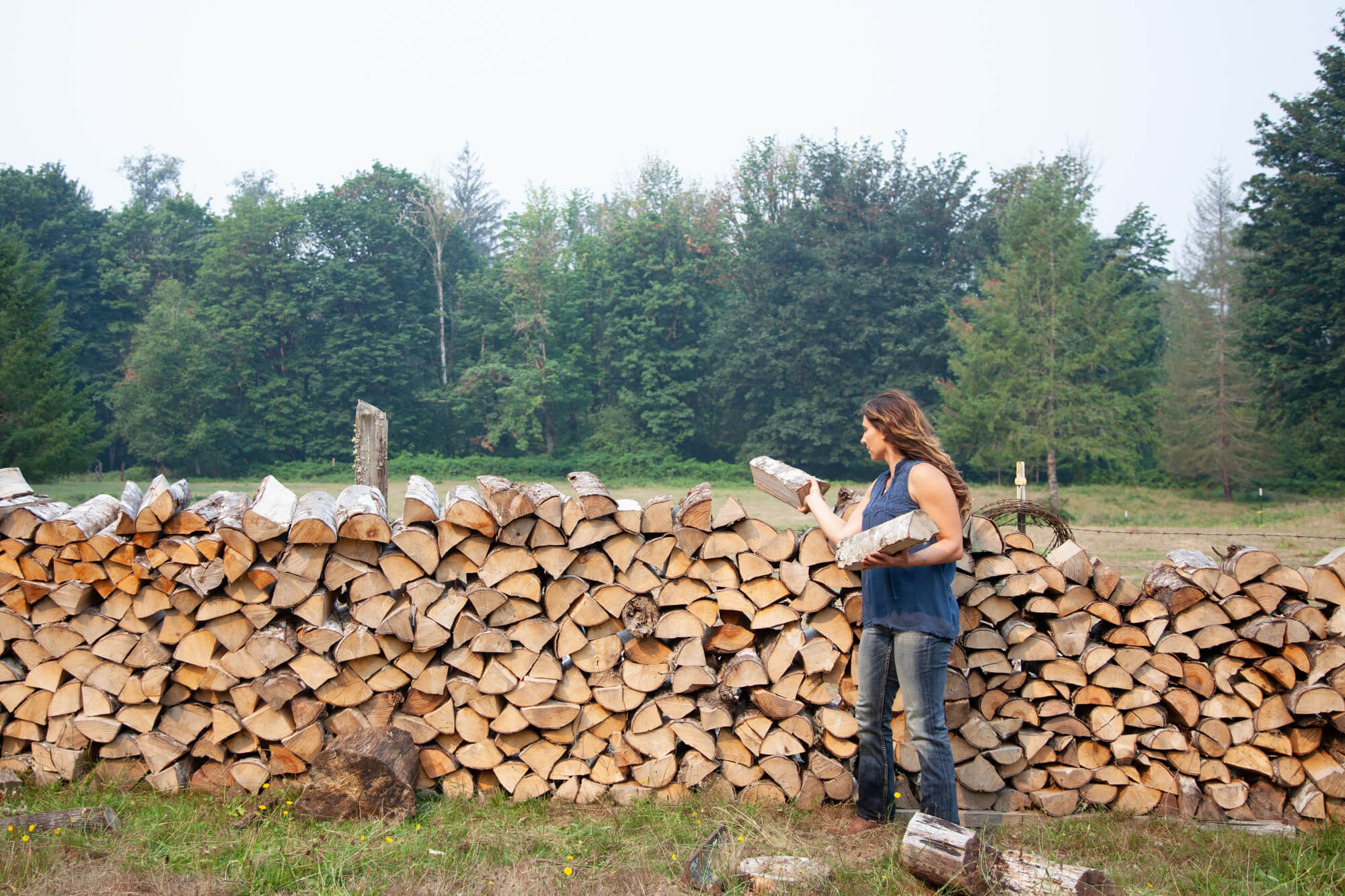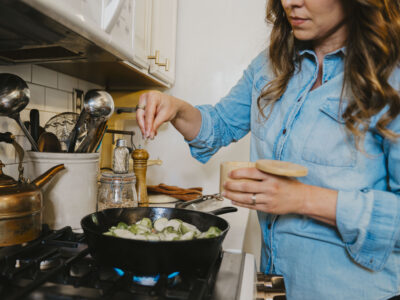Being on YouTube, Facebook and Instagram, I get asked questions frequently, but I don’t always have the time to answer all of them. I figured this would be a great opportunity to cover some of your specific questions in regards to living a homestead lifestyle.

Join me in this episode of the Pioneering Today Podcast (episode #408) as I answer your homesteading questions.
Stay tuned next week for part two of my Ask Me Anything series, where I’ll be discussing more of the financial side of homesteading. And check out this homesteading Q&A from a previous podcast series.
Table of Contents[Hide][Show]
Questions in this Podcast
- What are the best types of storage containers (especially for bulk flour)? Check out these posts for tips on buying bulk foods and how to store bulk food here.
- What to do with expired canned goods? Spoiler alert: I don’t go by expiration dates.
- How to tell if canned goods have gone bad? Pro Tip: Botulism spores don’t have an odor! Learn how to prevent botulism here, and grab my book Everything Worth Preserving or join the Pioneering Today Academy and take my canning course for a whole section on botulism safety tips.
- Can any green bean be eaten as a dry bean? Learn how to grow beans here.
- What is the best pressure canner? Check out this post on choosing the best pressure canner for you. And read the pros and cons of electric pressure canners.
- Questions on building a barn. My answer? Don’t!
- My concerns about resilience to climate change.
- Things to do in the fall around the homestead. We’re not slowing down. This is one of the busiest times of the year!
- Are glass lids safe for canning?
Verse of the Week: 1 Corinthians 4:7

More Posts You May Enjoy
- Does Gardening Save Money
- Gardening by Month Series (Garden Tasks by Month)
- How to Preserve Food When it’s Too Hot to Can
- Best Vegetables for Small Spaces and Self-Sufficiency
- 4 Tips to Success In Growing Your Own Food
- Seed Packet Information – How to Read Seed Packets for Gardening Success
- How to Plan Your Best Garden & Harvest for a Year’s Worth of Food
- The Ultimate Seed Starting Guide: Planning, Starting, & Mistakes to Avoid
[fusebox_transcript]



